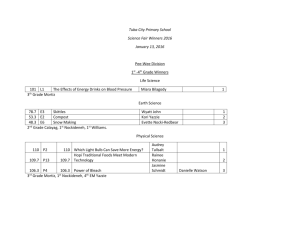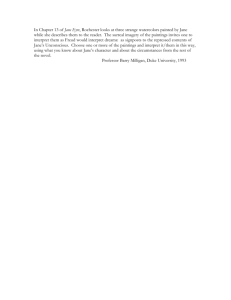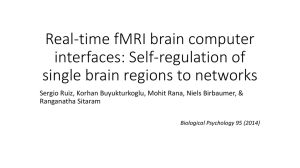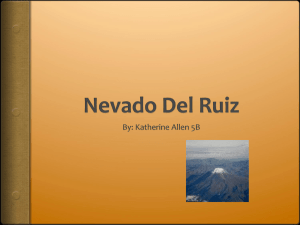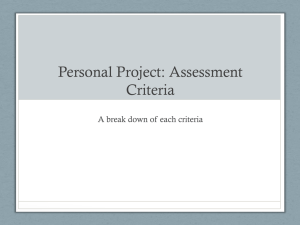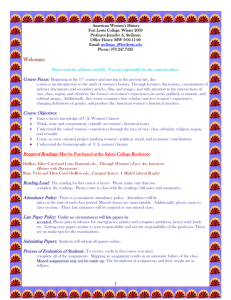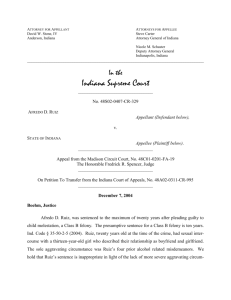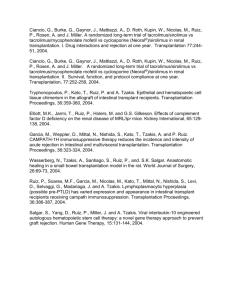Ruiz and Eyres Textbooks
advertisement
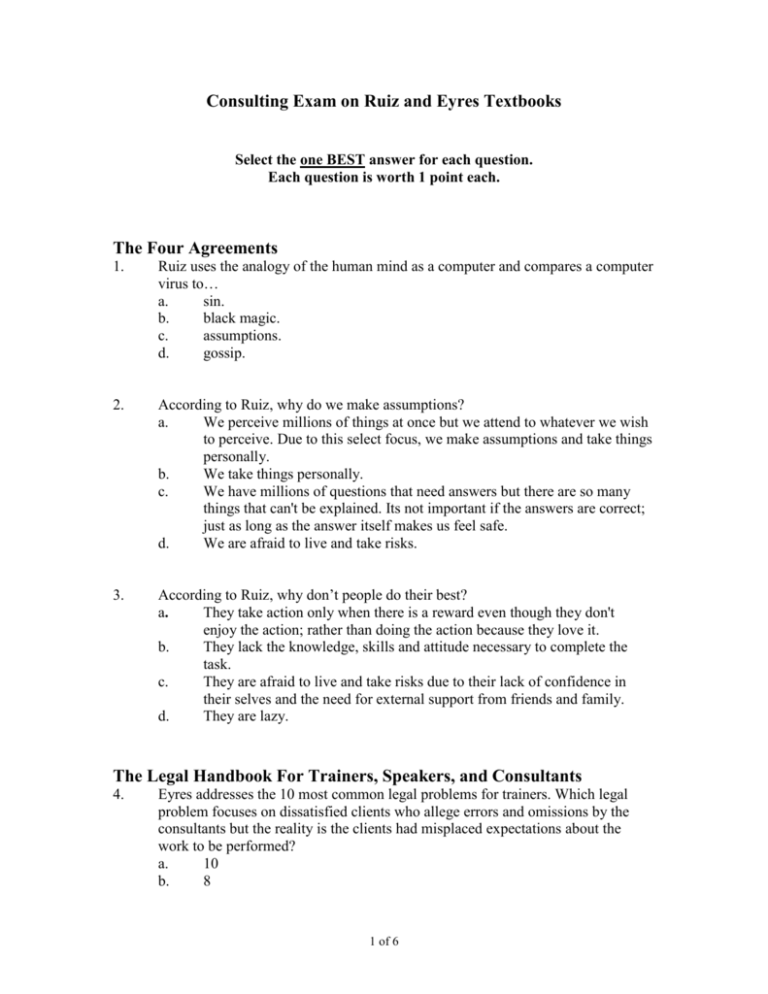
Consulting Exam on Ruiz and Eyres Textbooks Select the one BEST answer for each question. Each question is worth 1 point each. The Four Agreements 1. Ruiz uses the analogy of the human mind as a computer and compares a computer virus to… a. sin. b. black magic. c. assumptions. d. gossip. 2. According to Ruiz, why do we make assumptions? a. We perceive millions of things at once but we attend to whatever we wish to perceive. Due to this select focus, we make assumptions and take things personally. b. We take things personally. c. We have millions of questions that need answers but there are so many things that can't be explained. Its not important if the answers are correct; just as long as the answer itself makes us feel safe. d. We are afraid to live and take risks. 3. According to Ruiz, why don’t people do their best? a. They take action only when there is a reward even though they don't enjoy the action; rather than doing the action because they love it. b. They lack the knowledge, skills and attitude necessary to complete the task. c. They are afraid to live and take risks due to their lack of confidence in their selves and the need for external support from friends and family. d. They are lazy. The Legal Handbook For Trainers, Speakers, and Consultants 4. Eyres addresses the 10 most common legal problems for trainers. Which legal problem focuses on dissatisfied clients who allege errors and omissions by the consultants but the reality is the clients had misplaced expectations about the work to be performed? a. 10 b. 8 1 of 6 c. d. 5 3 5. Chapter 4 discusses ways to avoid legal problems due to faulty curriculum. Which statement follows Eyres, "curriculum design standards to meet applicable legal requirements"? a. If you are a trainer employed full or part time by a single employer to develop copyrightable work you do so pursuant to a work for hire. b. If your employer says your work is outside the scope of employment than your curriculum design could be considered faulty and not meet legal requirements. c. Develop a task analysis that identifies routine, important, and highliability substantive issues to be included in the program. d. Employers must conduct a safety education program to meet curriculum design requirements. 6. What are the three validation strategies Eyres mentions for legally validating tests? a. split-half, parallel, test-re-test b. construct, parallel, criterion c. content, parallel, criterion d. criterion, content, construct 7. True or False In order to remain legal regarding evaluation practices, Eyres says that if you write measurable performance standards in general language, then writing clear, meaningful standards for evaluation will follow. 8. True or False Jane Smith, a distinguished scholar of the HPT program, becomes a successful national presenter who earns big bucks touring the country presenting on evaluation strategies. Jane often reads aloud a passage from Dr. Lanigan's evaluation book to emphasize a point about reactionnaires. Because Jane is reading the work and not writing it in her documents, she is NOT in copyright violation. 9. True or False As long as you give the author credit through quotations, citations, and/or text, you are free to use his or her work without permission. 2 of 6 10. True or False You can use another instructional designer’s exercise, game, or case study as long a you do not distribute copies of the work. 3 of 6
